Kill it, then.
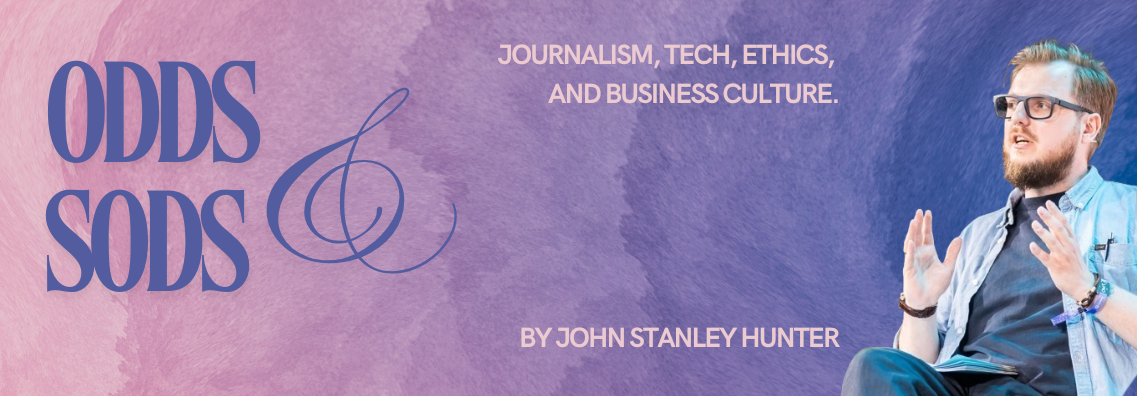
UK's former Deputy Prime Minister Nick Clegg has found his true calling: defending AI overlords' right to hoover up the world's art without so much as a "by your leave."
Clegg, until recently a well-compensated alumnus of Meta's global affairs circus, recently declared that requiring AI companies to ask artists for permission to use their work would "basically kill the AI industry in this country overnight". One can almost hear the violins playing for the poor tech bro, forced to ask for consent before plundering the creative commons. The sheer logistical nightmare of having to treat artists as something other than a free, renewable resource!
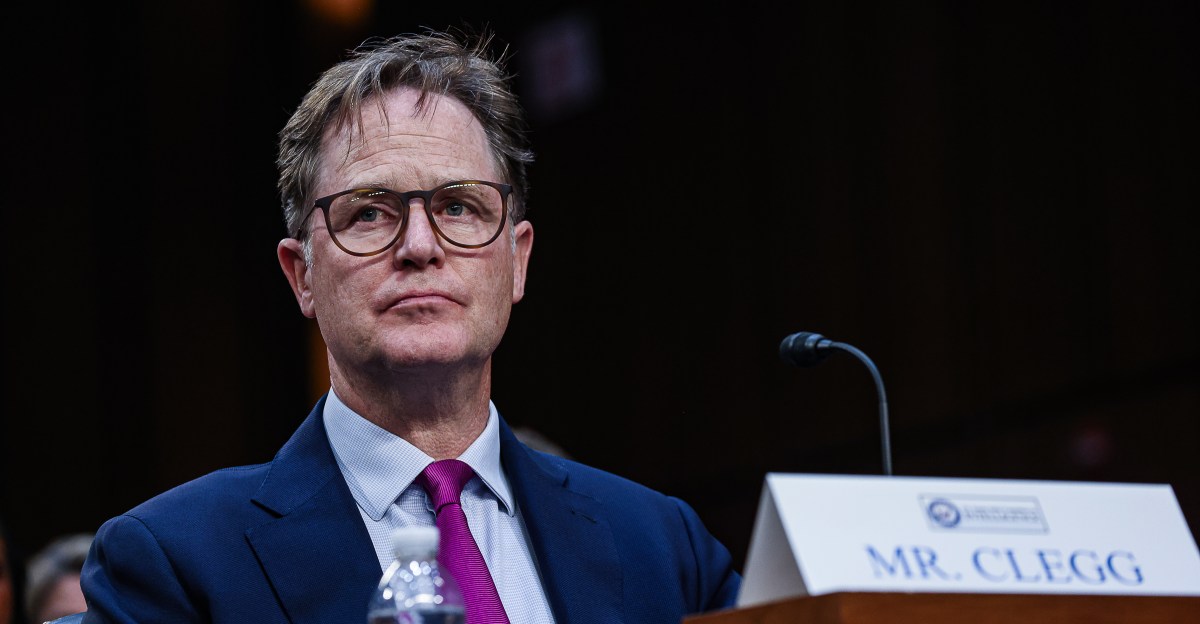
Clegg, who once famously apologised for breaking his pledge not to raise tuition fees in a cringeworthy Youtube video, now insists that asking artists for consent is "somewhat implausible" because AI models train on "vast amounts of data". The context, of course, is a proposed amendment to the UK's Data (Use and Access) Bill, which would require tech companies to disclose what copyrighted works they've used to train their models. This modest proposal—supported by the likes of Paul McCartney, Elton John, and Dua Lipa—was met with apocalyptic rhetoric. Clegg's argument, in essence, is that if Britain dares to protect its artists, the AI industry will pack up its toys and move to a country with fewer scruples. One might call this the "hostage economy" argument: give us what we want, or we'll take our ball and go play with the neighbours.
Clegg is saying that the AI industry, like a spoiled child, should be allowed to take what it wants, when it wants, because the alternative—actually compensating or even acknowledging the people whose work it consumes—is just too much bother.
It's the same logic that once justified the wholesale theft of personal data by the very company that employed Clegg until recently. And what of the artists? The musicians, writers, and designers whose lifeworks are being fed into the maw of the algorithm? Clegg suggests that they should be content with the ability to "opt out" of having their work used.
But here's the thing: if the AI industry cannot survive without stealing, it may not deserve to survive. Art, after all, is not just a commodity to be mined; it's the expression of human experience, the product of labour, skill, and soul. If the price of AI's survival is dependent on the pillage of art, the answer is simple: kill it, then. The world would be better off without an industry that treats creativity as a resource to be strip-mined and artists as collateral damage in the name of "progress."
Art, integrity, and the right to say "no" are worth more than the latest AI-generated pop song or deepfake "masterpiece". The world won't miss it half as much as it would miss the next Lauryn Hill, the next David Bowie, or the next unknown artist whose work might change everything.
I’m not being paid to say this — I swear. If my rants amuse you, you'll devour this: Aya Jaff writes circles around me on the same themes — sharper, braver, better. Her new book Broligarchie lands in November. Do her (and yourself) a favour: preorder it. Better yet, get two — Christmas is coming.
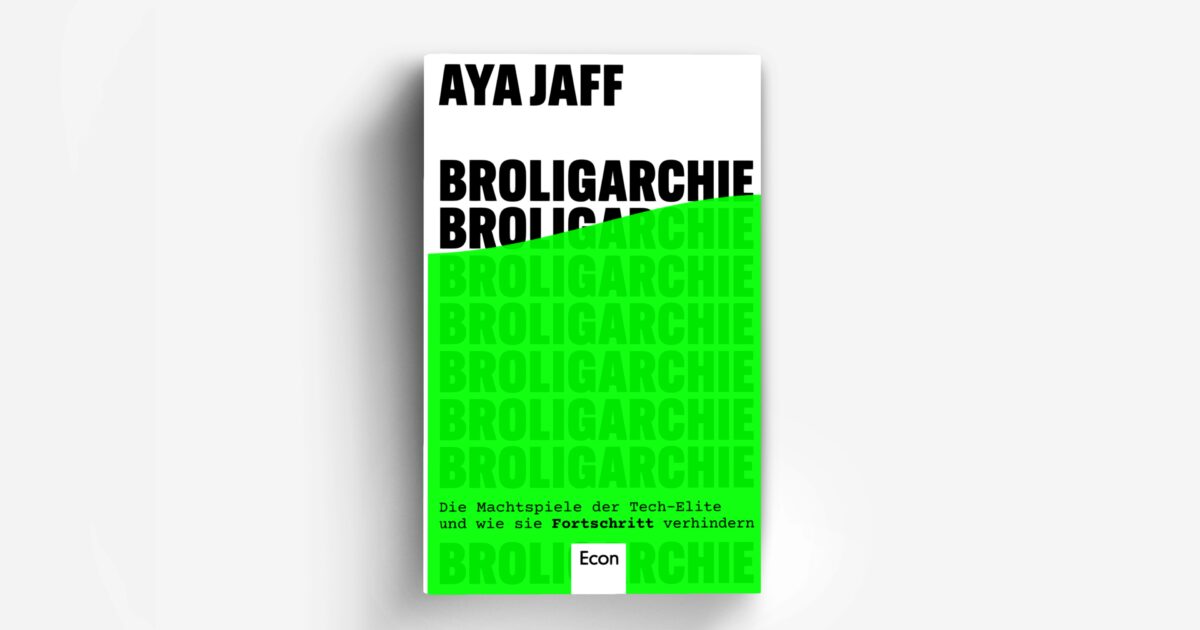
An AI‑powered Ponzi scheme with extra steps
Things are bleak. Nvidia is investing $100 billion in OpenAI to build data centres that run on Nvidia's hardware. Essentially: Nvidia gives OpenAI money, and OpenAI uses that money to buy Nvidia’s chips. This is “circular financing,” much of the money ultimately flows back to Nvidia. Or as someone on Reddit put it: "So basically, Nvidia is the economy now."


Here are a few things I read in the past weeks. Not all of which I fully agree with. But interesting reads nonetheless.
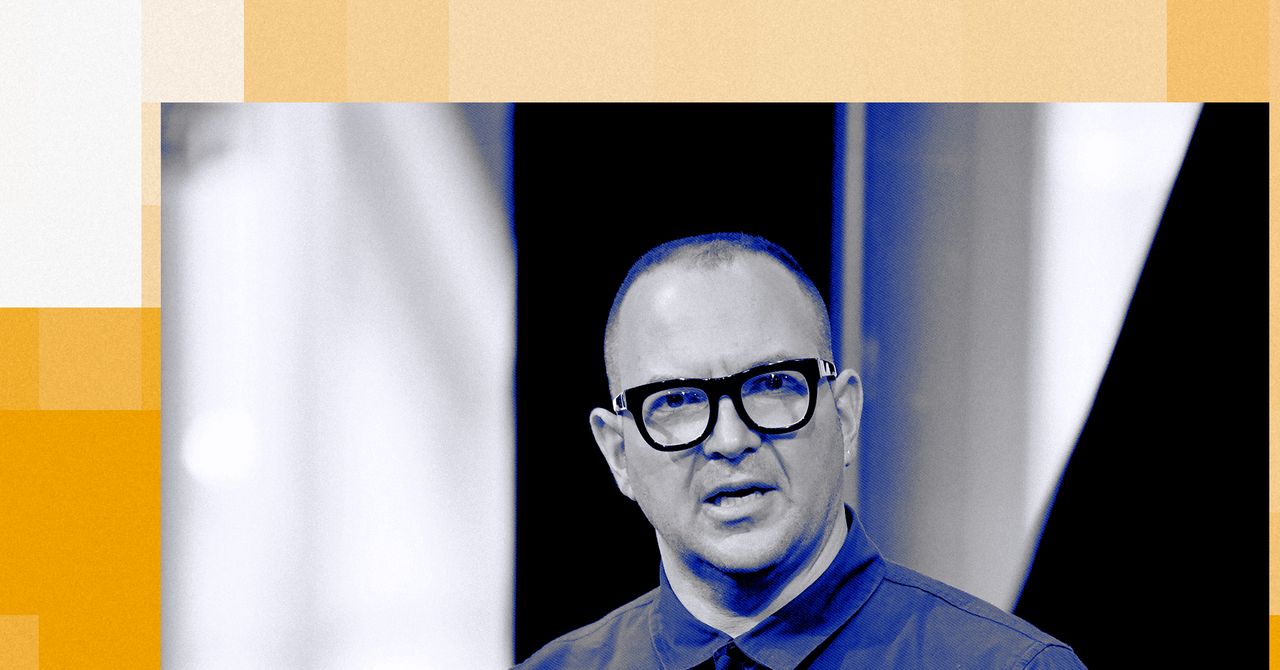
Enshittification means when a good online service slowly becomes worse over time. At first, a company treats users well to attract them; then it changes things to please advertisers or business partners. Finally, it ruins the experience for everyone just to squeeze out more profit. My take: LLMs have skipped the first two steps already.
•
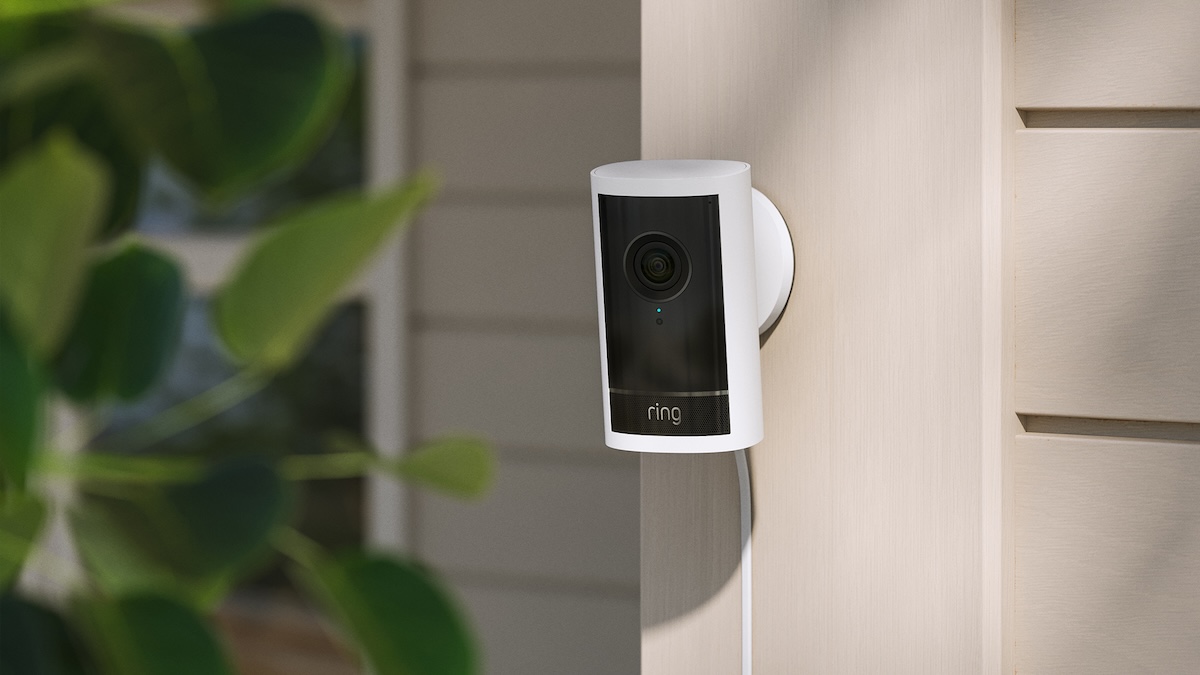
What’s not to love? Private doorbells now plug straight into a government-backed AI dragnet. Amazon’s “community safety” dream that’s really a seamless pipeline for racialized policing and corporate surveillance.
•
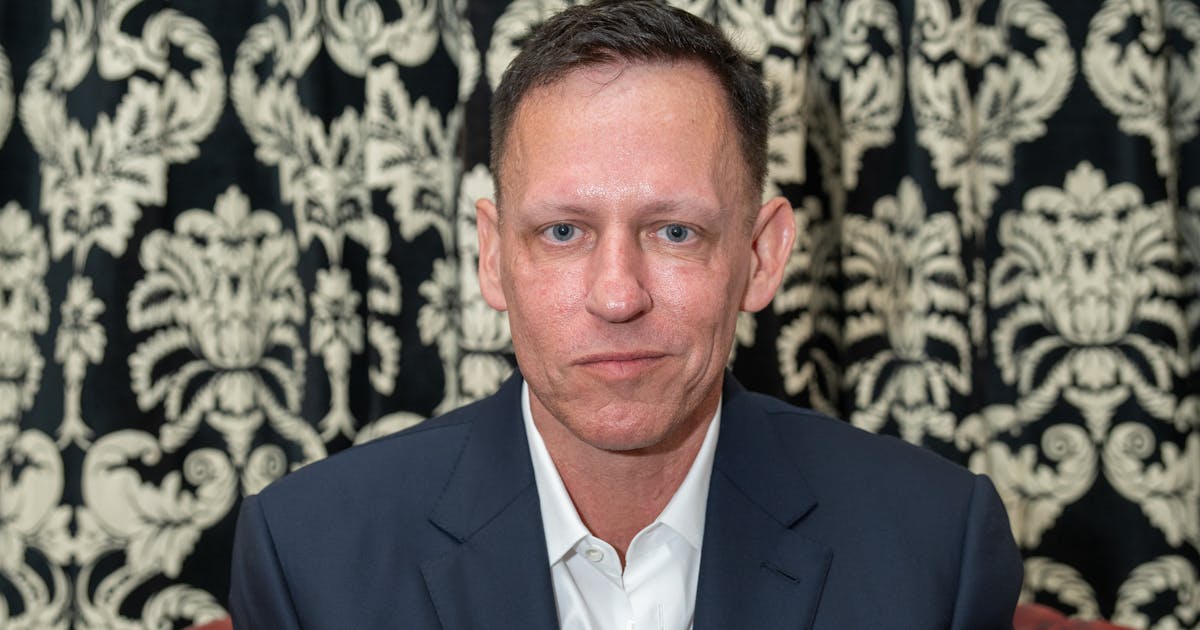
The man building digital surveillance orbs now warns of evil omniscience; somewhere in Silicon Valley, irony has achieved sentience.
Thank you for reading!
